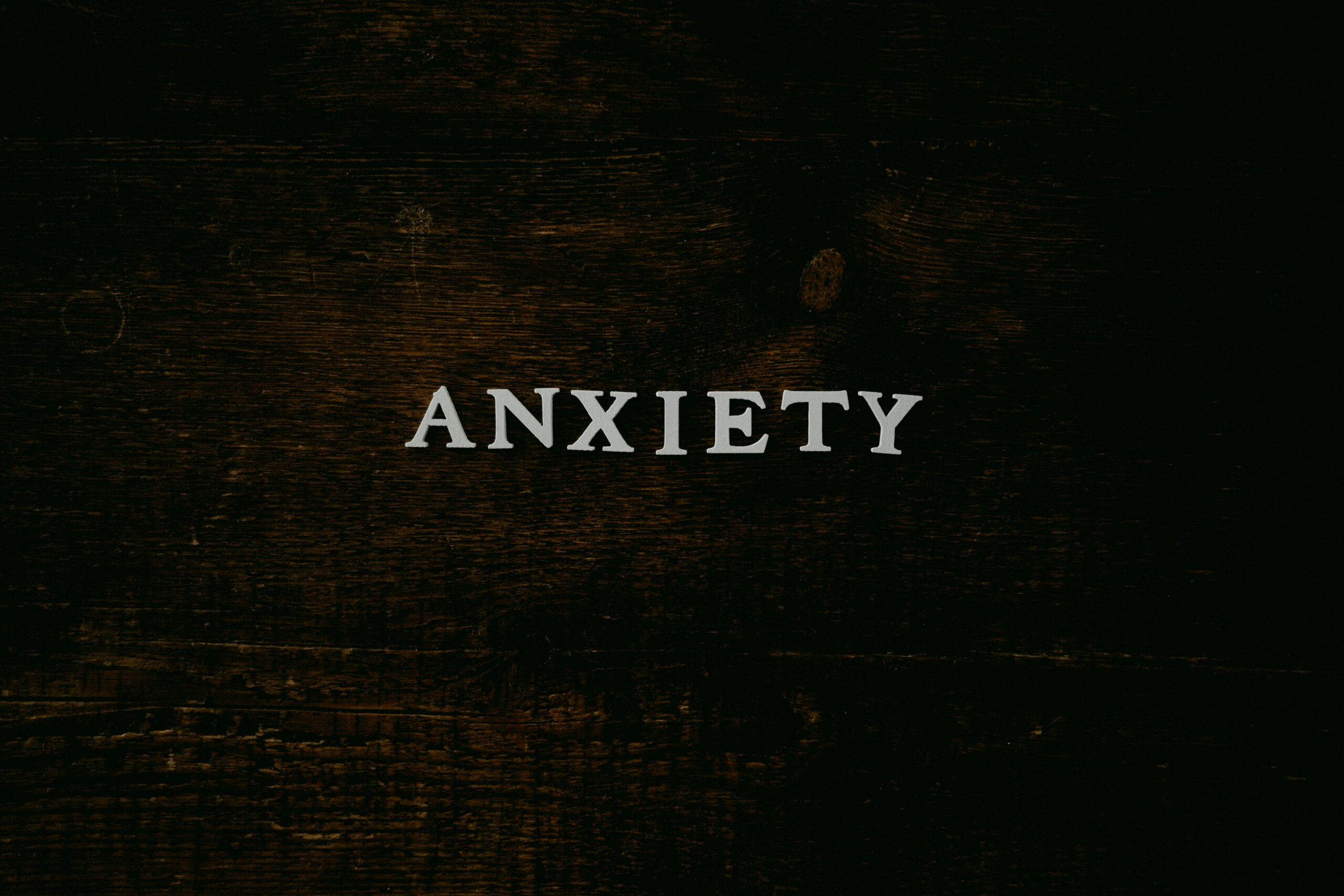What Is Anxiety?
Let’s take a moment to explore this question!
Anxiety is a normal emotion that every person experiences at different times in life. Many times anxiety is also called “stress” or “worry” because the feeling can occur at a time when you are experiencing a challenge or change. For example, this can be deciding to change jobs or having to take a test for school or buying home or so many other things. Even events that are perceived as “positive” (marriage, new job, new home, etc…) can bring on feelings of anxiety. Positive or negative change is still change… and change can be hard!
Anxiety Disorder vs. Stress
While anxiety is a naturally occurring emotion, there are times that it is identified as an anxiety disorder. If you feel that anxiety is overwhelming and intense, it may indicate that you are living with an anxiety disorder. People who are diagnosed with an anxiety disorder experience anxiety to the point that it impacts their ability to perform daily activities and routines.
If you feel like you are struggling with anxiety, you are not alone. The reality is that you probably know someone who is living with an anxiety disorder. According to an article on the World Health Organization website, “Anxiety disorders are the world’s most common mental disorders, affecting 301 million people in 2019.”
What does anxiety look like in real life?
-
extreme worry
-
inability to control anxious thoughts
-
“popcorning” or racing random thoughts
-
difficulty focusing and concentrating
-
trouble sleeping
-
indecisiveness
-
fatigue or increased energy
-
stomach or intestinal issues
-
heart palpitations, increased heart rate
-
shaking, trembling, sweating
What are the types of anxiety?
-
Generalized Anxiety Disorder: frequent and excessive worry about activities or events
-
Social Anxiety Disorder: increased and intense worry or avoidance of social activities due to fear of embarrassment or judgement
-
Agoraphobia: excessive fear and avoidance of situations that might cause a person to panic or feel trapped or helpless
-
Separation Anxiety Disorder: intense fear or worry about being separated from people who are emotionally connected to you
-
Specific Phobias: excessive and irrational fears and avoidance of specific objects or situations
-
Panic Disorder: frequent sudden episodes of intense anxiety with shortness of breath, chest pain, fluttering or pounding heart (panic attacks)
-
Selective Mutism: consistent challenge or incapacity to speak in certain situations when there is no reduced capacity to speak in other settings, primarily affects children
What causes anxiety?
Anxiety can be experienced by anyone. An anxiety disorder may be triggered through environmental events. Some people who have been diagnosed with an anxiety disorder also have a past traumatic or adverse experience (according to the WHO website). It would be normal to experience heightened anxiety if you have experienced abuse, violence, or even the death of a loved one.
Additionally, anxiety disorders appear to be inherited within families.
Anxiety disorders may also be linked to another medical condition. The Mayo Clinic identifies these possible related medical conditions to include: diabetes, thyroid conditions, heart disease, respiratory issues, drug use or withdrawal, chronic pain, or tumors.
What do I do if I think I have an Anxiety Disorder?
-
Seek professional support:
Therapy can be very beneficial to navigating life with anxiety. You can seek support through individual or group counseling with an anxiety therapist. You can talk with your physician or a psychiatrist as well. Additional information about finding the right therapist can be found at the link here.
-
Engage in self care:
Taking the time to help yourself can also be beneficial to living with anxiety. Self care includes getting a regular good night’s sleep, eating well, having fun, journaling, and being kind to yourself.
What I Hope You Know
Anxiety is a normal and natural emotion. It serves to help you be aware of danger or distress at times. Anxiety can help you to pump the brakes and re-evaluate situations and decisions in life.
Anxiety can also be overwhelming and can make you feel powerless. If you find that you are experiencing frequent and excessive thoughts of worry, please put yourself first and reach out for help. Like I have said before, “Anxiety is an unwelcome guest”, so help yourself to find the best way for you to kick it to the curb. You are worth it!
About the Author- Kathy Davis, LCSW
Kathy Davis, LCSW provides virtual therapy at Resolve Counseling in Texas. She works with families, children, teens, and adults providing online therapy for anxiety, depression, grief, and trauma.

